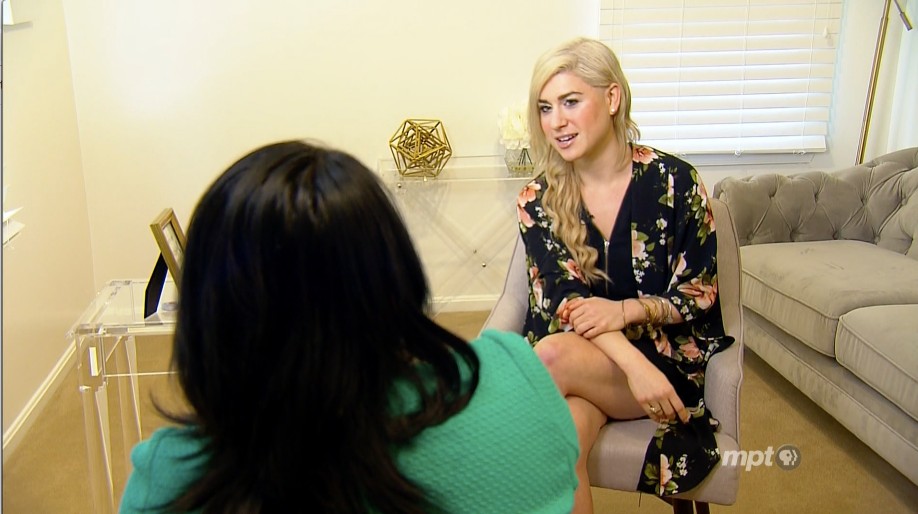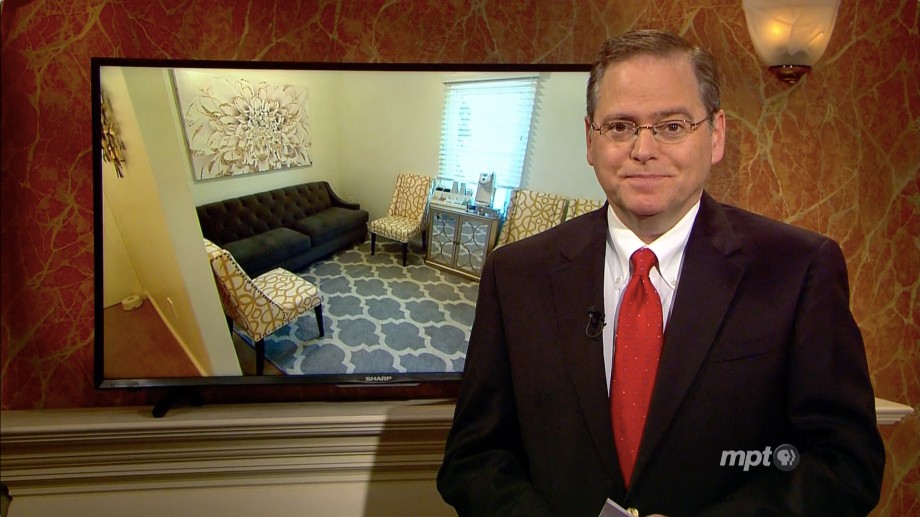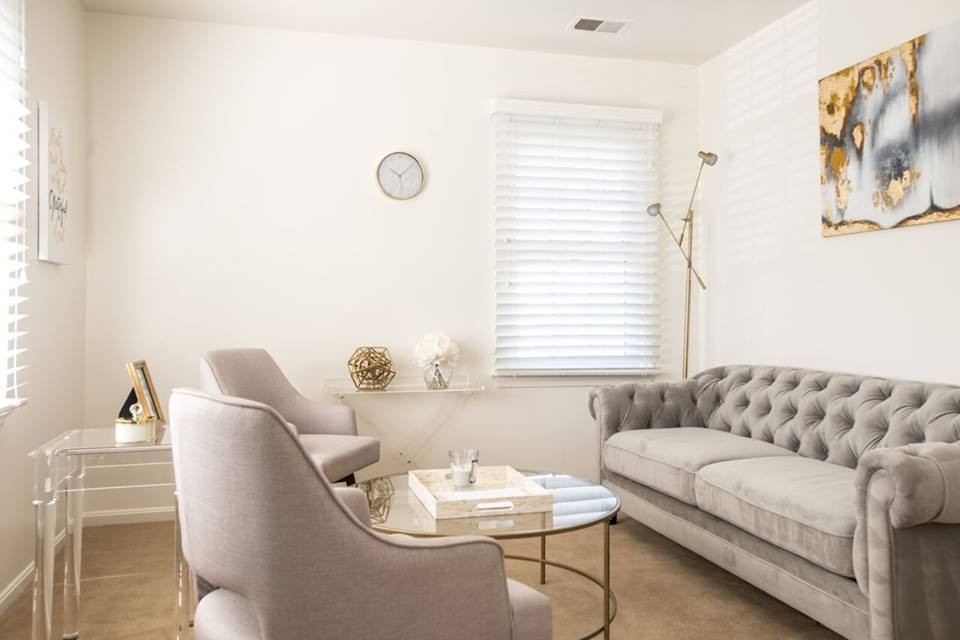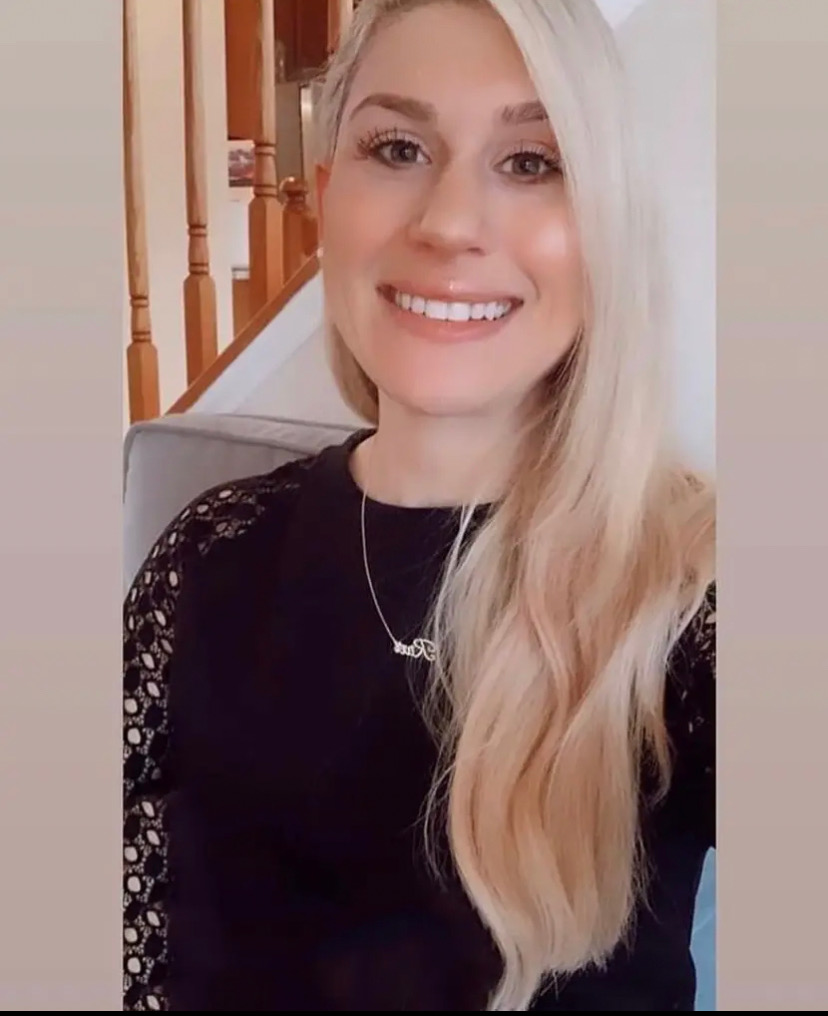We were lucky to catch up with Jennifer Rollin recently and have shared our conversation below.
Jennifer, thanks for taking the time to share your stories with us today We’d love to hear about how you went about setting up your own practice and if you have any advice for professionals who might be considering starting their own?
I started the group practice The Eating Disorder Center based out of Rockville, Maryland but serving clients in MD, VA, NY, FL and CA, because there were more clients than I could serve on my own and not a lot of therapists that I trusted to refer to at the time. I was passionate about creating a practice where folks in all bodies could find healing from eating disorders and body image issues. Now we are a team of clinicians (some of whom are personally recovered from eating disorders) who are passionate about treating individuals with eating disorders. I am so grateful for my group practice and couldn’t imagine doing anything else.



As always, we appreciate you sharing your insights and we’ve got a few more questions for you, but before we get to all of that can you take a minute to introduce yourself and give our readers some of your back background and context?
I recovered from my own eating disorder which is what inspired my passion to help others struggling with eating disorders and body image issues. I became a therapist specializing in eating disorders, wrote a book about eating disorder recovery, went on to speak about eating disorders in the media and on TV on NBC, CBS, PBS, Fox, and DC News Now, and opened a group practice, The Eating Disorder Center. Children, teens and adults come to our practice who are sick and tired of constantly thinking about food and their body, hate what they see when they look in the mirror, and who are exhausted by struggling with an eating disorder. We help them to find freedom from eating disorders and body image issues, and to develop a better relationship to food, their bodies, and ultimately themselves. A few things set us apart from other practices. One is that many of our clinicians are either personally recovered or have supported a loved one in recovery. Also, we use evidence based treatments such as DBT, ACT, and CBT in addition to creative interventions. We are not smile and nod therapists, we are action oriented and love setting goals with clients. We are compassionate-yet firm when it comes to helping clients to challenge eating disorder thoughts and behaviors-to live a life according to their true values.



If you could go back, would you choose the same profession, specialty, etc.?
100 percent! I am so grateful to be an eating disorder therapist and founder of a group practice and I couldn’t picture doing anything else. I love what I do and I am so passionate about this work. I also love having a team of amazing clinicians that I can meet with and collaborate with.
Training and knowledge matter of course, but beyond that what do you think matters most in terms of succeeding in your field?
I think having compassion and empathy is so important! While you don’t need to have struggled with an eating disorder to be an amazing eating disorder therapist-my own past struggle gave me so much empathy and understanding for what it’s like to have your life consumed by an eating disorder (it was pretty miserable). And while everyone’s recovery journey is unique-clients have shared that it’s been helpful that they know that I have a past history of an eating disorder.
Contact Info:


